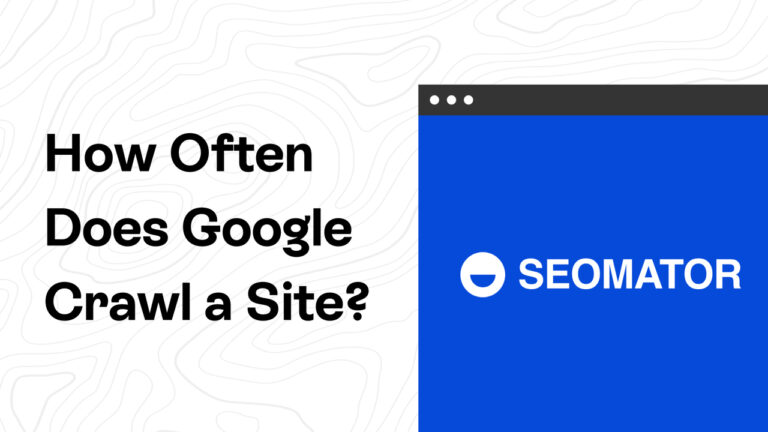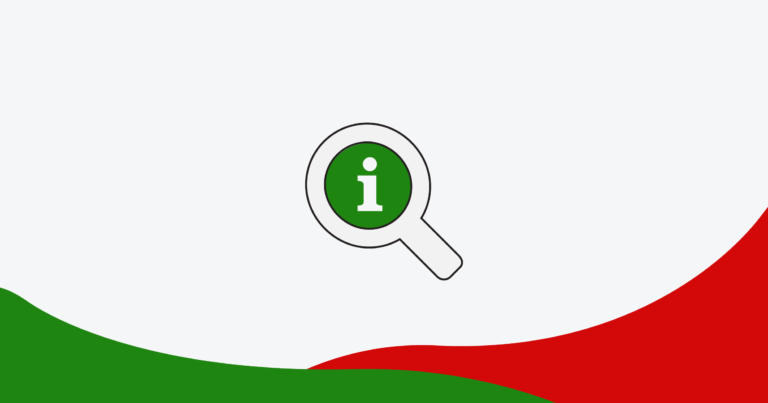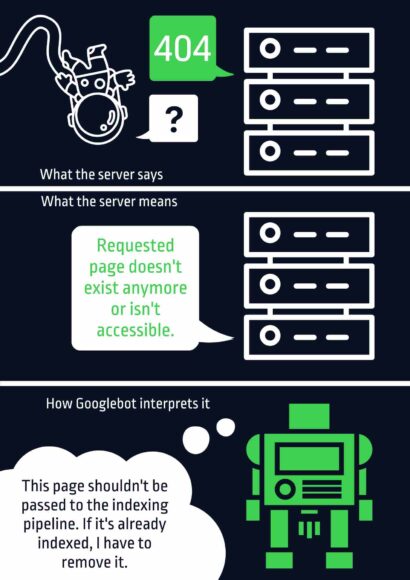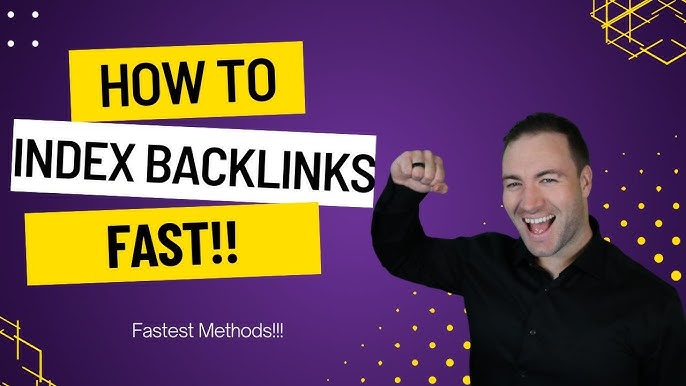Crawl budget optimization involves managing the frequency and depth of search engine crawls to improve indexing efficiency. Key steps include removing unnecessary pages and improving website speed.
Efficient crawl budget utilization is crucial for better search engine indexing. Search engines allocate a specific crawl budget to each website, determining how often and how many pages get crawled. High-priority pages should be indexed frequently to ensure updated content reaches users.
Websites with numerous low-quality pages can waste crawl budget, leading to poor indexing of important content. Enhancing site speed and structure helps search engines navigate more effectively. Regularly updating and cleaning up your site ensures search engines focus on valuable pages, improving your site’s visibility and ranking.

What Is Crawl Budget?
The concept of Crawl Budget often confuses many website owners. Understanding it can significantly boost your site’s indexing efficiency. Let’s dive deeper into what Crawl Budget is and why it matters.
Definition
Crawl Budget refers to the number of pages a search engine like Google will crawl on your site within a given timeframe. It consists of two main components:
- Crawl Rate Limit: The maximum number of requests a crawler can make to your site without overloading the server.
- Crawl Demand: The importance and freshness of the pages that need crawling.
Balancing these components helps ensure your site gets crawled efficiently.
Importance
Optimizing your Crawl Budget is crucial for several reasons:
- Improved Indexing: Search engines index important pages faster.
- Better User Experience: Faster page loading times enhance user experience.
- Enhanced SEO: Effective crawling improves your overall SEO performance.
Focus on optimizing your Crawl Budget to reap these benefits.
Factors Affecting Crawl Budget
Understanding the factors affecting crawl budget can boost your site’s indexing efficiency. Google allocates a specific crawl budget for each site. Optimizing it ensures more pages get crawled and indexed.
Site Structure
A well-organized site structure helps search engines crawl efficiently. A simple, logical layout aids in better indexing.
- Use a clear hierarchy in your site.
- Ensure internal links are logical and easy to follow.
- Create an XML sitemap to guide crawlers.
Content Quality
High-quality content enhances your site’s crawl budget. Google prioritizes sites with valuable, relevant content.
- Publish original and informative content regularly.
- Avoid duplicate content to prevent wasting the crawl budget.
- Update old content to keep it fresh and relevant.
Server Performance
Server performance impacts how efficiently your site is crawled. A fast, reliable server ensures more pages are crawled.
| Factor | Impact |
|---|---|
| Page Load Speed | Faster speeds lead to better crawl rates. |
| Uptime | High uptime ensures pages are always accessible. |
- Optimize images and scripts for faster loading.
- Choose a reliable hosting provider with high uptime.
Analyzing Crawl Stats
Understanding how search engines crawl your site is essential. Analyzing crawl stats helps you ensure efficient indexing. This process involves using tools like Google Search Console and interpreting the data provided.
Using Google Search Console
Google Search Console is a powerful tool. It provides insights into how Google crawls your site. Follow these steps to access crawl stats:
- Log in to Google Search Console.
- Select the property (your website).
- Navigate to “Settings”.
- Click on “Crawl Stats”.
In this section, you see various metrics. These metrics show how often Google visits your site.
Interpreting Data
Understanding the crawl stats data is crucial. Here’s what to look for:
- Total Crawl Requests: Indicates how many times Googlebot visits your site.
- Average Response Time: Shows how quickly your server responds.
- Download Size: Displays the amount of data downloaded during each crawl.
Use this information to identify patterns and issues. For instance, high response times might indicate server issues. Large download sizes could mean you need to optimize images or other resources.
Here is a sample table to help you understand the data better:
| Metric | Description | Ideal Value |
|---|---|---|
| Total Crawl Requests | Number of times Googlebot visits | Varies based on site size |
| Average Response Time | Server response time to Googlebot | < 200 ms |
| Download Size | Amount of data downloaded | < 500 KB per page |
Regularly analyze this data. It helps improve your site’s indexing efficiency and ensures better performance.
Improving Site Structure
Enhancing your website’s structure is vital for effective crawl budget optimization. A well-organized site helps search engines index your content efficiently. This, in turn, improves your site’s visibility and rankings.
Optimizing Url Hierarchy
A clear and logical URL hierarchy is essential. It ensures search engines easily understand your site’s structure. Here’s how to optimize your URL hierarchy:
- Use descriptive URLs with relevant keywords.
- Keep URLs short and concise.
- Avoid using special characters or unnecessary parameters.
- Organize content into categories and subcategories.
For example, use www.example.com/category/subcategory/page instead of www.example.com/page?id=123. This structure helps crawlers and users alike.
Reducing Redirect Chains
Redirect chains slow down the crawling process. They consume valuable crawl budget and affect indexing efficiency. Follow these steps to reduce redirect chains:
- Identify and remove unnecessary redirects.
- Ensure direct links to the final destination.
- Regularly audit your site for broken links.
Use tools like Screaming Frog or Google Search Console to find and fix these issues. Keeping your redirects minimal will improve your site’s crawlability.
Enhancing Content Quality
Enhancing content quality is crucial for effective crawl budget optimization. High-quality content ensures search engines prioritize your site for indexing. This section will discuss strategies to enhance content quality, improving your site’s indexing efficiency.
Avoiding Duplicate Content
Duplicate content can confuse search engines. It’s important to ensure each page offers unique information.
- Use canonical tags to specify preferred URLs.
- Avoid copying content from other websites.
- Ensure product descriptions are unique.
- Use 301 redirects for redundant pages.
Updating Outdated Information
Outdated content can lower your site’s authority. Regular updates keep your information fresh and relevant.
- Review old blog posts and articles.
- Update statistics and facts regularly.
- Remove or replace broken links.
- Ensure all information is accurate and current.
| Task | Frequency |
|---|---|
| Review content | Monthly |
| Update statistics | Quarterly |
| Check for broken links | Bi-weekly |
| Verify accuracy | Monthly |
By avoiding duplicate content and updating outdated information, you enhance your site’s quality. This makes it easier for search engines to index your content efficiently.
Boosting Server Performance
Improving server performance is crucial for effective crawl budget optimization. A fast and reliable server ensures search engines can crawl your website efficiently. This leads to better indexing and visibility in search results.
Speed Optimization
Speed optimization is key to enhancing server performance. A faster server helps search engines crawl more pages within a given time.
- Use a Content Delivery Network (CDN) to distribute content closer to users.
- Enable browser caching to reduce load times for returning visitors.
- Optimize images by using proper formats and compressing them.
- Minimize HTTP requests by combining files such as CSS and JavaScript.
Error Reduction
Reducing errors on your website improves crawl efficiency. Search engines waste crawl budget on pages with errors.
- Monitor and fix 404 errors using Google Search Console.
- Ensure all URLs return the correct HTTP status codes.
- Fix broken links to enhance user experience and crawlability.
- Resolve server errors quickly to maintain a healthy website.
| Optimization Task | Benefit |
|---|---|
| Using a CDN | Improves load time |
| Enabling browser caching | Reduces server load |
| Fixing 404 errors | Enhances crawl efficiency |
| Minimizing HTTP requests | Speeds up page loading |
Prioritizing Important Pages
Optimizing your website’s crawl budget is crucial for better indexing. Prioritizing important pages ensures that search engines focus on your most valuable content. This improves your website’s visibility and ranking.
Identifying Key Pages
First, identify the key pages that drive the most traffic or conversions. Use analytics tools to find pages with high traffic or engagement. Focus on pages that offer unique content and valuable information.
- Homepage
- Product or Service Pages
- Blog Posts with High Traffic
- Contact and About Us Pages
These pages are crucial for user experience and search engine ranking.
Using Sitemaps Effectively
Sitemaps guide search engines to your important pages. Ensure your sitemap is up-to-date and includes all key pages.
Here are some tips for using sitemaps effectively:
- Include only important pages in your sitemap.
- Update your sitemap regularly.
- Submit your sitemap to Google Search Console.
A well-maintained sitemap helps search engines crawl and index your important pages efficiently.

Monitoring And Adjusting
Monitoring and adjusting your crawl budget is essential for optimizing indexing efficiency. This process ensures search engines can crawl and index your site effectively. By performing regular audits and adapting to changes, you can maintain optimal crawl budget usage.
Regular Audits
Conducting regular audits helps you identify issues that may impact your crawl budget. Use tools like Google Search Console and other SEO tools to monitor crawl stats.
- Check for crawl errors: Identify and fix broken links and server errors.
- Analyze crawl frequency: Ensure search engines crawl your important pages more often.
- Review robots.txt file: Ensure it is not blocking important pages.
Regular audits help in detecting issues early, allowing for timely fixes. This keeps your site in good health and ensures efficient crawling.
Adapting To Changes
Search engines update their algorithms frequently. Adapting to changes is crucial for maintaining crawl efficiency.
| Change | Action |
|---|---|
| Algorithm Updates | Adjust your SEO strategies to align with new requirements. |
| Site Content | Ensure new content is optimized and accessible to crawlers. |
| Technical Updates | Fix technical issues that may impact crawlability. |
Stay informed about the latest SEO trends and algorithm changes. This allows you to make necessary adjustments promptly, ensuring efficient indexing.
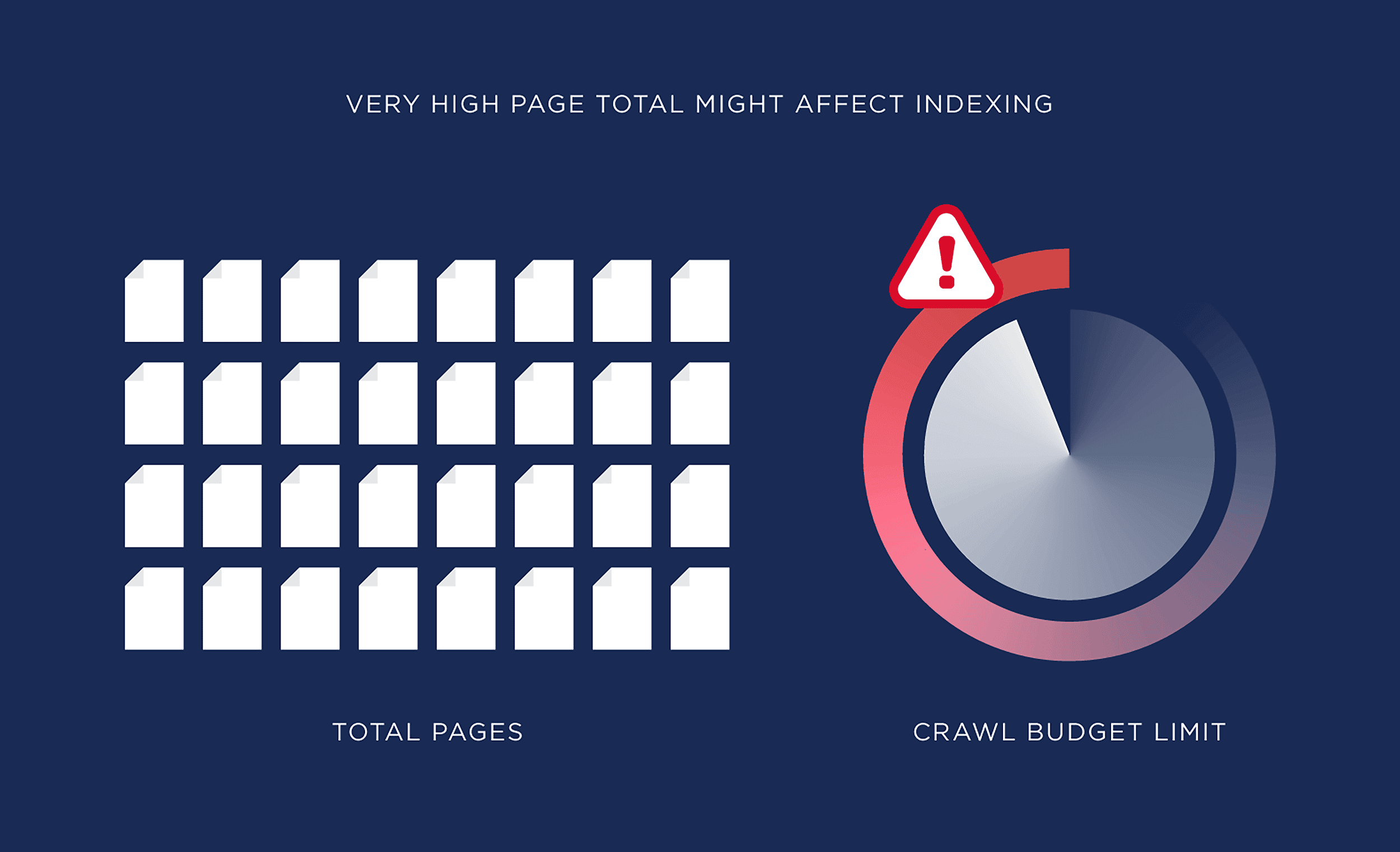
Frequently Asked Questions
What Is Crawl Budget?
Crawl budget refers to the number of pages a search engine crawls on your site within a given timeframe. Optimizing it ensures efficient indexing.
How To Improve Crawl Efficiency?
To improve crawl efficiency, remove duplicate content, fix broken links, and update your sitemap. Prioritize high-quality, frequently updated pages.
Why Is Crawl Budget Important?
Crawl budget is crucial because it influences how often search engines index your site. Efficient use can improve your site’s visibility and ranking.
How To Monitor Crawl Budget?
You can monitor your crawl budget using tools like Google Search Console. Regularly check crawl stats and identify any issues.
Conclusion
Optimizing your crawl budget boosts indexing efficiency and site performance. Implement these strategies to enhance search engine visibility. Regular monitoring and adjustments ensure sustained benefits. Prioritize high-quality content and technical SEO for lasting success. Stay proactive, and watch your website’s ranking improve significantly.



